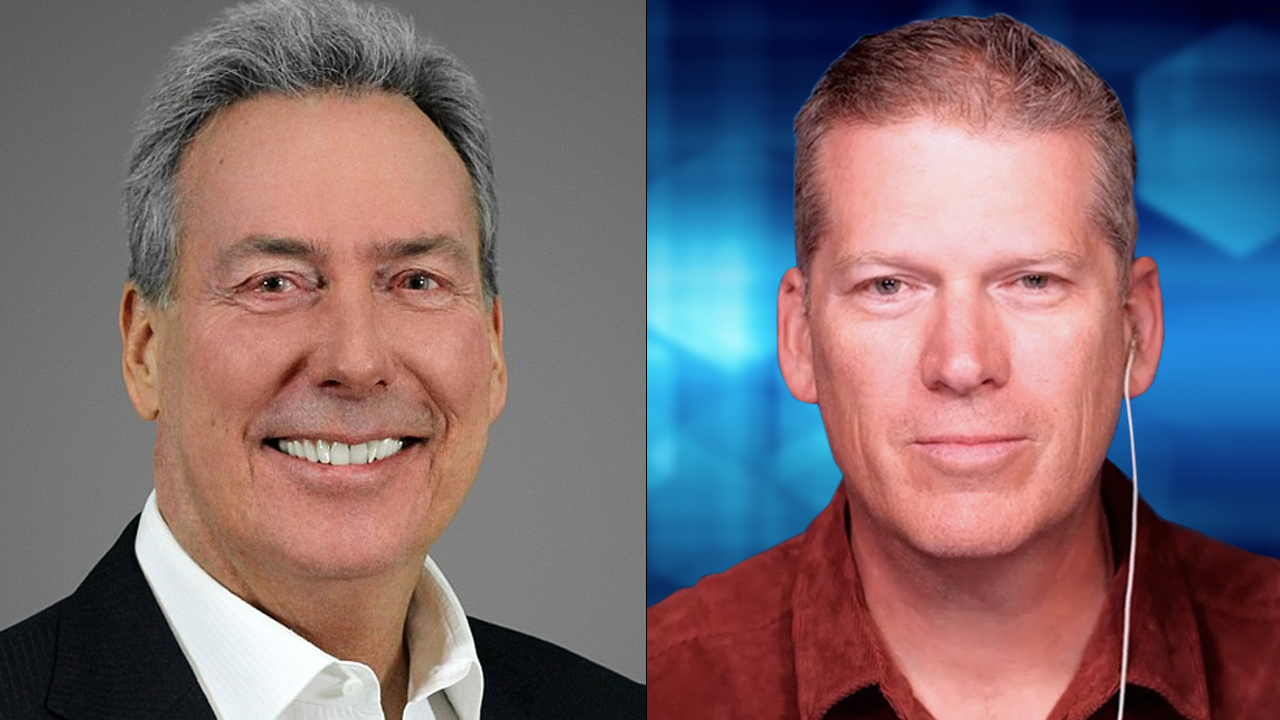
Large global banks such as JPMorgan Chase, HSBC and others have, according to secret U.S. government documents, defied money laundering crackdowns by continuing to move staggering sums of cash for criminal networks and shadowy characters that have undermined democracy and spread chaos around the globe.
According to the documents from the Financial Crimes Enforcement Network (FinCEN), five global banks – JPMorgan, HSBC, Standard Chartered Bank, Deutsche Bank and Bank of New York Mellon – have continued to profit from powerful and dangerous players even after being fined by American authorities for earlier failures to stem the flow of dirty money.
As revealed in a report by the nonprofit International Consortium for Investigative Journalism (ICIJ), the U.S. agencies responsible for enforcing money-laundering laws rarely prosecute the giant banks that break the law. In addition, banks continued to move illicit funds even after U.S. officials warned that they'd face criminal prosecutions if they didn't stop doing business with fraudsters, mobsters or corrupt regimes.
Tainted transactions continue at JPMorgan
According to the leaked documents, known as the FinCEN Files, JPMorgan – the largest U.S.-based banks – moved money for people and companies tied to the massive looting of public funds in Malaysia, Ukraine and Venezuela.
For the fugitive financier behind Malaysia’s 1MDB scandal, the records show that the banks moved more than $1 billion. In addition, it also moved more than $1 million for the company of a young energy mogul that had been accused of cheating Venezuela's government and helping cause electrical blackouts that crippled large parts of the country.
These and other tainted transactions have continued to surge through JPMorgan's accounts despite the bank promising to improve its money laundering controls as part of settlements it reached with U.S. authorities in 2011, 2013 and 2014.
When questioned by the ICIJ about the leaked documents, however, JPMorgan representatives said that the banks were legally prohibited from discussing client transactions. Instead, the banks said that it has taken a “leadership role” in pursuing “proactive intelligence-led investigations” and developing “innovative techniques to help combat” money laundering and other financial crimes.
In addition to JPMorgan, HSBC, Standard Chartered Bank, Deutsche Bank and Bank of New York Mellon have also continued to wave through suspect payments despite making similar promises to government authorities.
Banks continue to launder money despite government efforts
All in all, the FinCEN files represent worth more than $2 million in suspicious transactions. This already large amount, however, represents just a drop in a far larger flood of dirty money gushing through banks around the world. Between 2011 and 2017, over 12 million suspicious activity reports were filed by financial institutions with FinCEN.
The files – along with hundreds of spreadsheets filled with names, dates and figures, flag bank clients in more than 170 countries who were identified as being involved in potentially illicit transactions.
More importantly, they show how the efforts of U.S. authorities, who play a leading role in the global fight against money laundering, have not worked. American authorities have fined offending banks hundreds of millions and even billions of dollars threatened them with criminal charges as part of so-called deferred prosecution agreements.
Big banks continue to play a large role in moving money tied to fraud, corruption, organized crime and terrorism. (Related: China now dominating global drug trafficking with money laundering and chemical production.)
“By utterly failing to prevent large-scale corrupt transactions, financial institutions have abandoned their roles as front-line defenses against money laundering,” said Paul Pelletier, a former senior U.S. Justice Department official and financial crimes prosecutor, to the ICIJ.
“They operate in a system that is largely toothless,” he said.
In response to the leaked files, the Justice Department has declined to answer any specific questions from the ICIJ. Instead, it has released a statement saying that it stands by its work.
“The Department of Justice stands by its work, and remains committed to aggressively investigating and prosecuting financial crime — including money laundering — wherever we find it,” a Justice Department spokesperson said.
Follow Corruption.news for more on how banks are continuing to get away with financial crimes.
Sources include:
Please contact us for more information.





















